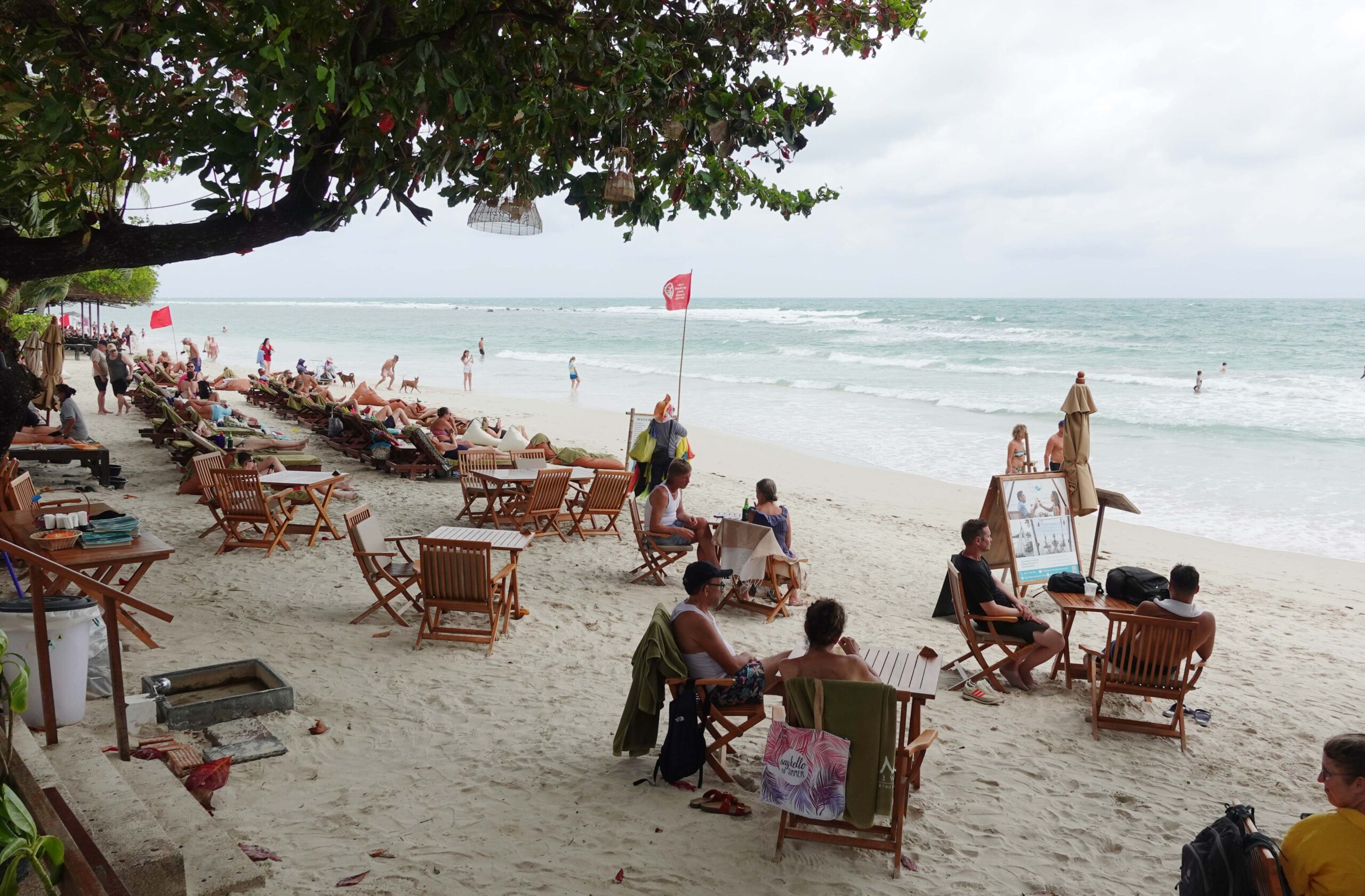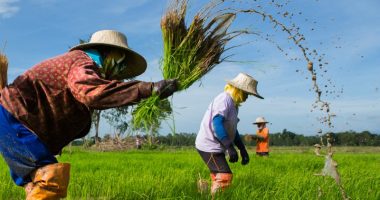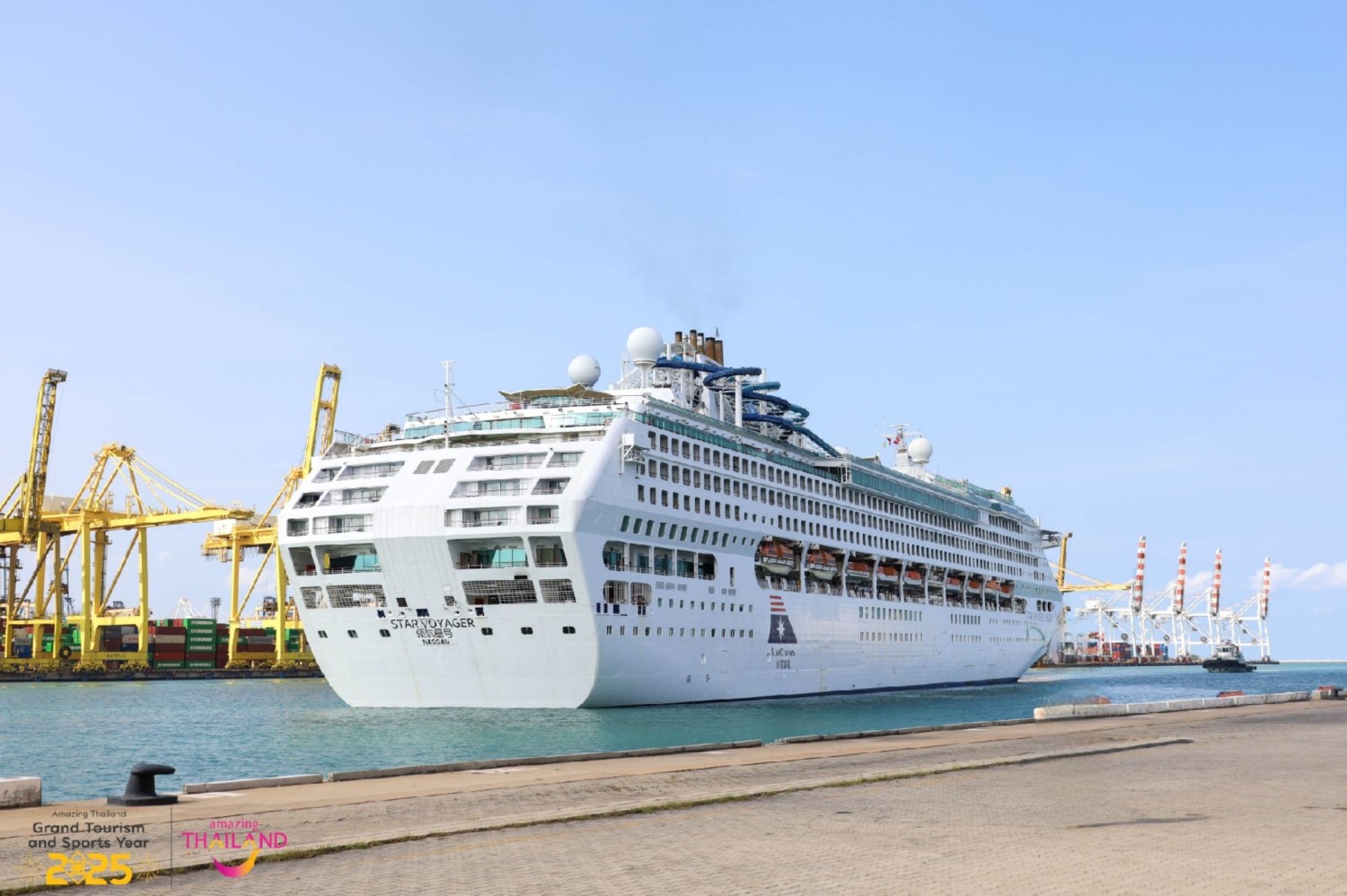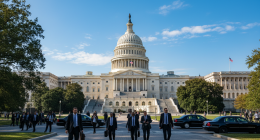Understanding Elephant Tourism in Thailand
Popular Attraction with Ethical Concerns
Elephant tourism is a significant draw for visitors to Thailand, offering unique experiences with these majestic animals. However, ethical concerns have arisen regarding the treatment of elephants in various camps. Tourists are urged to adopt responsible practices, such as avoiding direct contact with elephants during visits to these facilities.
Calls for Change from Advocacy Groups
Organizations like World Animal Protection Thailand advocate for an end to hands-on tourist activities involving elephants, such as bathing and feeding. They emphasize that many camps mislabel themselves as “ethical” while still allowing interactions that may not prioritize the animals’ welfare.
The Challenge of Finding Truly Ethical Sanctuaries
Difficulty in Identifying Genuine Sanctuaries
Tourists often struggle to locate sanctuaries that genuinely adhere to ethical standards. Despite claims of being ethical, many facilities still offer close encounters and interactive experiences that compromise the elephants’ well-being. This has led some travelers to avoid elephant experiences altogether.
Personal Experiences Highlighting Ethical Issues
A traveler who volunteered at Chiang Mai’s Elephant Nature Park noted the importance of transparency in sanctuary practices. While some facilities claim to be ethical, they may still engage in practices that raise concerns about animal welfare.
The Impact of Recent Tragedies on Tourism Choices
Safety Concerns Following Incidents
The tragic death of a tourist at an elephant care center has heightened awareness and caution among travelers regarding elephant tourism. This incident underscores the need for visitors to carefully evaluate their choices and the sanctuaries they support.
Volunteer Opportunities as Ethical Alternatives
Some travelers opt for volunteer programs at reputable sanctuaries, where they can contribute positively while learning about elephant care and conservation. These experiences often provide insight into the challenges faced by elephants in captivity.
The Economic Implications of Elephant Tourism
Balancing Welfare and Livelihoods
The elephant tourism industry plays a crucial role in supporting local economies. Many individuals rely on this sector for their livelihoods, creating a complex dynamic between animal welfare and economic necessity.
Risks of Greenwashing in the Industry
Despite the growing demand for ethical tourism, some sanctuaries continue to engage in practices that could be considered greenwashing. Tourists are encouraged to conduct thorough research before selecting a sanctuary to ensure their support goes to genuinely ethical operations.
Moving Towards Responsible Tourism Practices
The Rise of Regenerative Travel
Regenerative travel is emerging as a powerful movement within the tourism industry, focusing on positive contributions to wildlife conservation and local communities. This approach encourages tourists to seek out sanctuaries that prioritize animal welfare over entertainment.
Importance of Informed Choices
Travelers can make a significant impact by choosing to support ethical sanctuaries and conservation efforts. By researching facilities and prioritizing those committed to genuine animal welfare, tourists can help shift Thailand’s elephant tourism landscape toward a more sustainable future.









